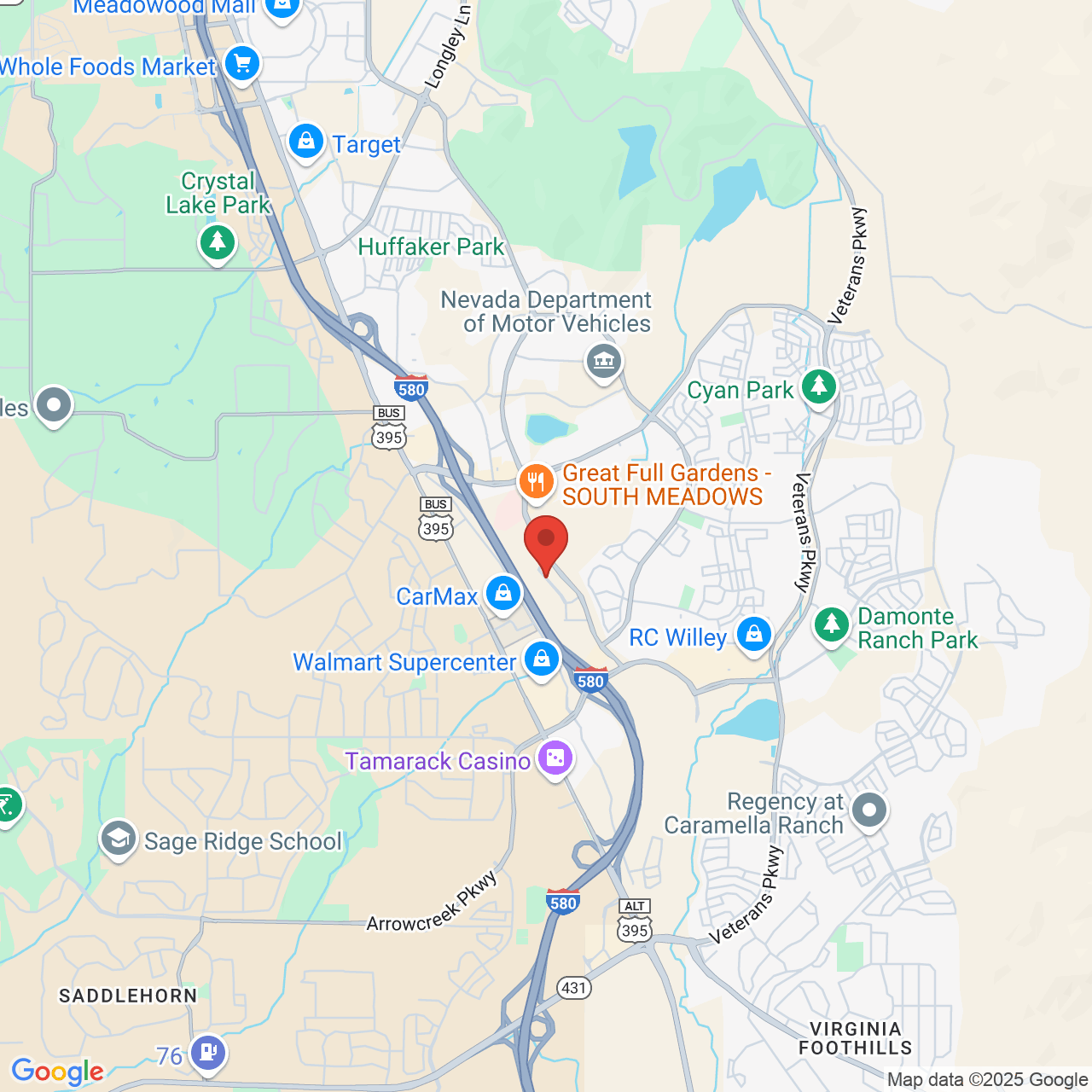What exactly does Board Certified Plastic Surgeon mean?
The Plastic Surgeon
What does Board Certification Mean?
Choosing the “right” plastic surgeon can be a daunting task. There are so many different things to think about when considering a plastic surgery procedure. Where is he or she located? What is the price? How much experience does he or she have with my particular procedure? Unfortunately, these are the first things thought of when considering surgery. In reality, schooling and credentials should be the first thing to research.
After finishing medical school plastic surgeons are required to complete a minimum of six years of surgical training to become board certified by The American Board of Plastic Surgery. In addition the surgeon must pass both a comprehensive written and oral examination. In this six year addition to medical school the surgeon goes through a plastic surgery residency.
On average a plastic surgeon completes 16 years of training.
Most people are not fully sure of what “board certified” really means. And they are not aware that any medical doctor can legally perform plastic surgery regardless of their training, or lack thereof. Surprisingly these physicians may call themselves plastic surgeons as well. Many physicians across the country call themselves plastic and reconstructive surgeons but have not completed a plastic surgery residency.
Some people think “board eligible” and “board certified” are pretty much the same thing. In reality they are not at all the same. If the surgeon is board eligible that means he or she has not taken the board certification testing or has failed it. Board certified means the surgeon has taken and passed all test required.
Every state in the U.S. has a medical board. Each and every practicing physician must have a license issued by the board in the state they are practicing. Anyone can go to the medical board website in their state to look up the status of not only board certifications but license status as well.
And always remember that state board certification and a specialty board certification are two completely different things. All physicians are required to have a state board certification to practice. A specialty board certification is not required but highly recommended.
Always take into consideration that when a plastic surgeon is certified with The American Board of Plastic Surgery he or she has gone the extra mile to achieve the extra years of training. This training will do nothing but benefit the patient.
Dr. Murphy is board certified in plastic and reconstructive surgery. He is certified by The American Board of Plastic Surgery. He also belongs to the American Society of Plastic Surgeons, Nevada Medical Society, Reno Surgical Society, Washoe County Medical Society, American Medical Association and is a Fellow with the American College of Surgeons.







